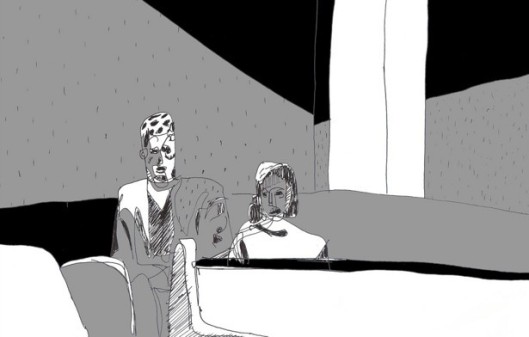Tags
Aeon, Analogical, Antiquity, Aristotle, Colour Theory, Culture, Greeks, History, Maria Michela Sassi, Newton, Poetry

A fascinating article which, more than just an exploration of contrasting color theory between the ancients and the moderns, further confirms the analogical nature of the classical imagination:
https://aeon.co/amp/essays/can-we-hope-to-understand-how-the-greeks-saw-their-world
“So Goethe was right. In trying to see the world through Greek eyes, the Newtonian view is only somewhat useful. We need to supplement it with the Greeks’ own colour theories, and to examine the way in which they actually tried to describe their world. Without this, the crucial role of light and brightness in their chromatic vision would be lost, as would any chance to make sense of the mobility and fluidity of their chromatic vocabulary. If we rely only on the mathematical abstractions of Newton’s optics, it will be impossible to imagine what the Greeks saw when they stood on their shores, gazing out upon the porphureos sea stretching into the distant horizon.”






